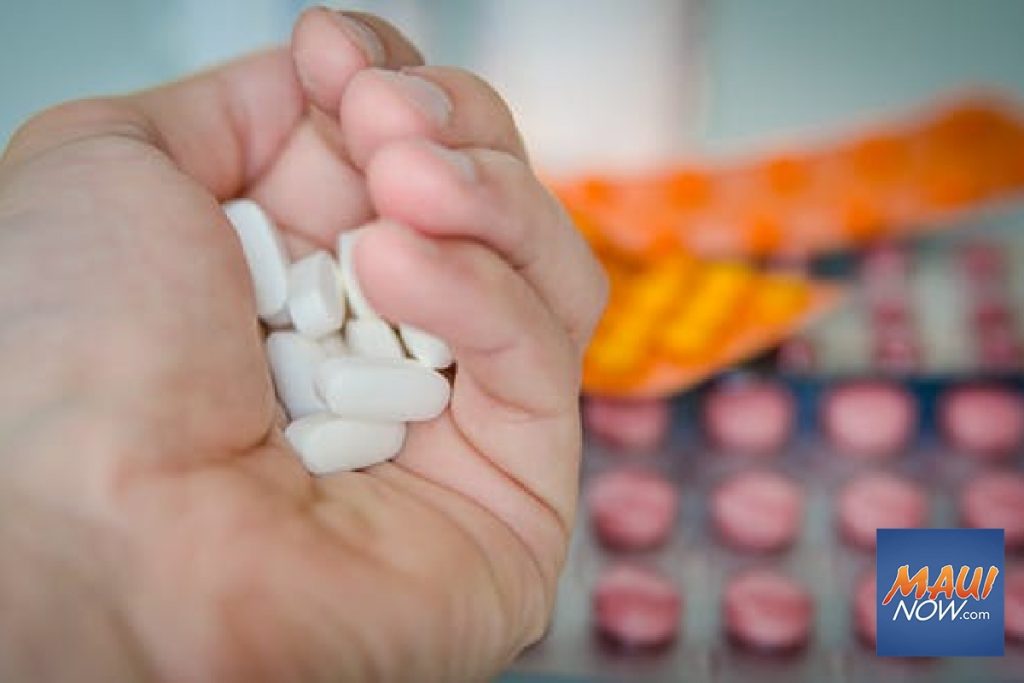Hawaiʻi to receive $73 million from opioid agreement with 3 drug distributors and J&J

Of the $26 billion opioid agreement with the nation’s three major pharmaceutical distributors and drug maker Johnson & Johnson, Hawai’i will receive about $73 million of the mega settlement.
Hawaiʻi’s share of the funding will go to support treatment, recovery, harm reduction and other strategies to address the opioid epidemic in the state, according to state Attorney General Holly T. Shikada.
The four defendants — Cardinal Health, McKesson, AmerisourceBergen and Johnson & Johnson — will start releasing funds to a national administrator on April 2, with money starting to flow to state and local governments in the second quarter of 2022.
“These settlements do not complete our fight against those who created and fostered the nationwide opioid problem,” Attorney General Shikada said. “But with the assistance of our counties, these settlements are a major step forward in finding and funding better solutions.”
The agreement marks the culmination of three years of negotiations to resolve more than 4,000 claims of state and local governments across the country that claimed the companies business practices helped fuel the deadly opioid crisis.
It is the second largest multi-state agreement in US history, second only to the 1998 Tobacco Master Settlement Agreement.
Fifty-two states and territories, as well as thousands of local governments across the country, have signed on to this opioid agreement.
Maui, Honolulu, Kauaʻi and Hawaiʻi counties all signing onto the agreement. The counties also partnered with the state in order to most effectively use the $73 million in funds to address the epidemic statewide.
Kaua‘i Mayor Derek S.K. Kawakami said: “Addiction is a lifelong struggle for those affected. We still have an uphill battle ahead of us, but it’s time these major pharmaceutical companies be held accountable and help to be part of the solution.”
McKesson will pay $7.4 billion, AmerisourceBergen ($6.1 billion), Cardinal Health ($6 billion) and Johnson & Johnson ($5 billion). None of the companies acknowledged any wrongdoing.
Through the agreement, Cardinal Health, McKesson and AmerisourceBergen also will:
- Establish a centralized independent clearinghouse to provide all three distributors and state regulators with aggregated data and analytics about where drugs are going and how often, eliminating blind spots in the current systems used by distributors.
- Use data-driven systems to detect suspicious opioid orders from customer pharmacies.
- Terminate customer pharmacies’ ability to receive shipments, and report those companies to state regulators, when they show certain signs of diversion.
- Prohibit shipping of and require reporting of suspicious opioid orders.
- Prohibit sales staff from influencing decisions related to identifying suspicious opioid orders.
- Require senior corporate officials to engage in regular oversight of anti-diversion efforts.
Johnson & Johnson also is required to:
- Stop selling opioids.
- Not fund or provide grants to third parties for promoting opioids.
- Not lobby on activities related to opioids.
- Share clinical trial data under the Yale University Open Data Access Project.
Additional information about the opioid settlement is available at https://www.morepowerfulnc.org/opioid-settlements/




_1768613517521.webp)








